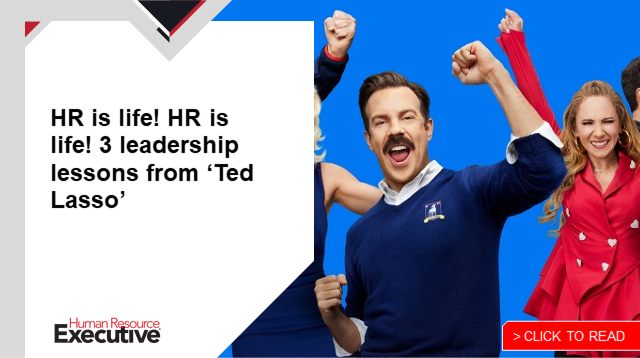The labor market has gone crazy.
According to the Bureau of Labor Statistics, the unemployment rate for November 2021 was only 4.2%. The Bureau also reported almost 11 million job openings of October 2021. Turnover remains historically high as 4.2 million people quit their job in October, down from a record-high 4.4 million people, or 3% of workers, who quit in September.
These numbers demonstrate that employees continue to have significant advantage to leverage the tight market for higher pay, better work conditions or other job opportunities elsewhere. On the other hand, employers are finding it extremely difficult to fill job openings.
Following are the recommendations I give to HR leaders trying to tackle today’s hiring challenges.
Focus on employment brand, culture and leadership. The biggest factor in recruiting great people is creating what we call an irresistible company. In other words, if your organization is not known for its fair pay, work practices and strong commitment to customers and the community, you’ll have a hard time hiring people. People aren’t just look for a job—they look for an employer. So, if your company is unknown or poorly respected, they’ll look elsewhere.
Of course, wages matter. People will be attracted by companies that pay more. But in our list of 80 recruiting practices, the real wage issue is fairness, which is sixth in importance. Wages must be fair, and employees must be paid equitably.
 Identify culture and skills fit. In a more normal labor market, employers typically look for candidates who have performed similar jobs. Today, employers are not finding exact job fits and consequently are hiring people with some but not all of the experience typically required for the job. In such situations, hiring is more likely to be based on skills, as well as culture fit, intelligence, ambition and potential. Our new research shows that high-performing companies develop recruiters who can assess fit, culture and growth mindset as well as skills, job fit and experience.
Identify culture and skills fit. In a more normal labor market, employers typically look for candidates who have performed similar jobs. Today, employers are not finding exact job fits and consequently are hiring people with some but not all of the experience typically required for the job. In such situations, hiring is more likely to be based on skills, as well as culture fit, intelligence, ambition and potential. Our new research shows that high-performing companies develop recruiters who can assess fit, culture and growth mindset as well as skills, job fit and experience.
Read more insights from Josh Bersin here.
Don’t chase pay. For many jobs, particularly hourly and highly regulated roles, you must pay what the market demands. This means you may have to raise hourly wages, add more benefits or even pay a bonus to get someone to join. But be careful; this is a dangerous strategy to follow. Remember that the most expensive person you hire is someone who doesn’t work out. If you “chase pay” to get someone to join your company, you risk alienating existing employees and possibly hiring someone who feels so empowered they don’t perform as expected.
Don’t over-extend. We are at the peak of a 14-year economic cycle, the longest upswing in our country’s history. I predict that sometime in the next year or so, the economy (and stock market) is going to slow down. If you hire like crazy and overpay people for the next year, you’ll find yourself with a lot of challenges ahead. Also, hiring too many people at once can backfire. Each new employee requires onboarding and has the potential to change the culture of the team.
Focus on recruiters, not technology. It’s hugely important to take good care of your recruiters, who are the key to great hiring. Yes, recruiting technology is amazing—but it’s a lot like self-driving cars. The tech helps you stay out of trouble, but someone still has to be at the wheel. In this market, recruiters are in exceedingly high demand. In fact, LinkedIn is showing more postings for recruiter jobs than for software engineering. I’ve interviewed hundreds of talent acquisition leaders over the years, and they always tell me the same thing: Great recruiters hire great people.
See also: This will be HR’s biggest challenge in 2022
 Excellent recruiters are good at many things: They know your company’s culture, they work closely with hiring managers to understand the jobs for which they’re hiring and they have a deep knowledge of the market. Not only do they know a lot of people, but they can search people out, assess their readiness and fit, and convince them that your company matters.
Excellent recruiters are good at many things: They know your company’s culture, they work closely with hiring managers to understand the jobs for which they’re hiring and they have a deep knowledge of the market. Not only do they know a lot of people, but they can search people out, assess their readiness and fit, and convince them that your company matters.
Take care of the employees you have. Let me leave you with this: You don’t want your employees to be part of the Great Resignation. Now is the time to really focus on employees, and EX is all about treating people well. Spend some time getting to know your employees, build a culture of internal mobility and take care of your leaders. It’s the most important retention strategy you have.
The coming year promises another wild ride for us in HR. Now is a time to build your employment brand, focus on your culture, and get back to basics and recruit for potential, fit and growth. For more on what I see ahead in 2022, download my annual predictions report here.